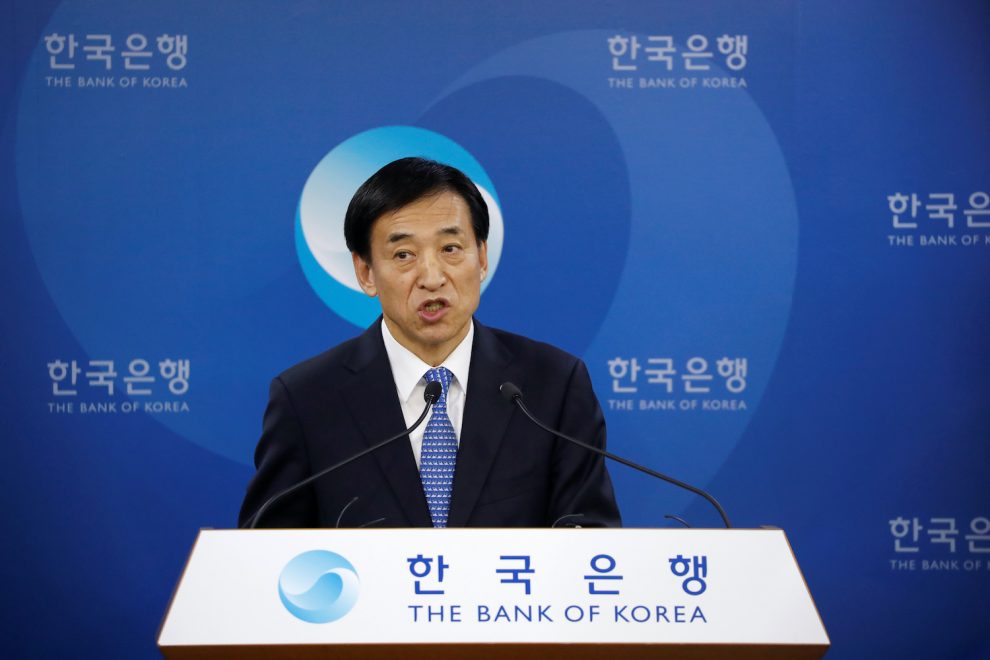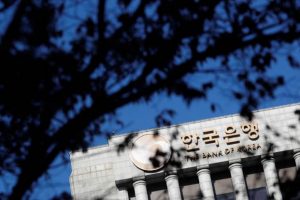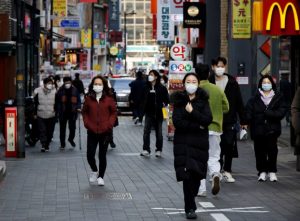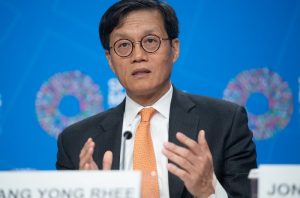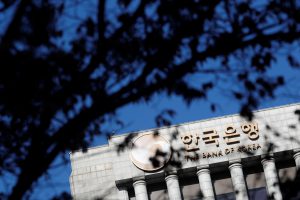South Korea might be a global cultural icon, thanks to K-Pop, Parasite and Squid Game but its domestic economic outlook is looking much less robust, according to Japan’s Nomura.
The financial services group says in a new report that the country faces “Japanification” due to “structural headwinds” and interest rate rises that are likely to generate deflationary outcomes.
South Korea’s successful growth story has now turned to growth pessimism, aligning the country with its former colonial master, argues Jeong Woo Park, a Nomura analyst in Singapore, and his team.
South Korea’s economy now appears to be losing steam, with gross domestic product (GDP) growth starting to lag global economic growth, eliciting market concerns of Japanification.
Nomura defines Japanification as “a long slump of economic growth, lower inflation and interest rates”.
Moreover, a rapidly ageing population is likely to deepen the market’s concerns over South Korea’s long-term growth prospects.
Developed Nation
According to the IMF, South Korea’s per capita GDP started to surpass Japan’s in 2019. In July, the UN Conference on Trade and Development (UNCTAD) reclassified South Korea as a developed economy – the first time UNCTAD has changed a member country’s economic status to developed from developing.
However, Nomura analysts worry that the central bank’s “leaning against the wind” policy is likely to raise South Korea’s Japanification risks. “Leaning against the wind” is a monetary policy with a higher policy interest rate than needed to simply achieve an inflation target and stabilise the real economy without taking into account any effects on financial stability.
“We expect the [central Bank of Korea (BOK)] to end its rate hiking cycle at no higher than 1.5% by end-2022,” the analysts say.
“Higher Japanification risks will likely prompt a shift in the BOK’s focus back to growth from financial stability,” Nomura adds. “We expect it to start another easing cycle in 2023 that includes a near-zero policy rate and unconventional monetary policy.”
Lacklustre Growth
Nomura concludes that, with most advanced economies struggling with lacklustre growth and inflation, the example of Japan may become more common in advanced economies, rather than a unique failure of Japan.
The analysts cite the example of Sweden, which adopted its “leaning against the wind” policy to curb household debt and house prices, but abandoned it later due to a higher-than-expected deflation threat.
• By George Russell
READ MORE:
Bank of Korea Holds Off on Interest Rate Rises as Covid Fears Persist
Seoul Allows BoK, State Banks to Buy Certain Bonds




